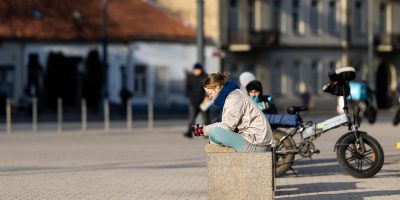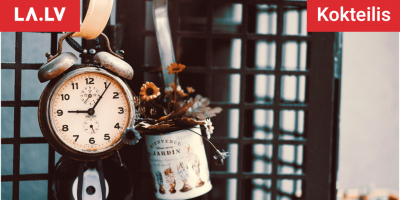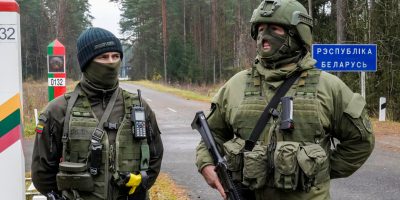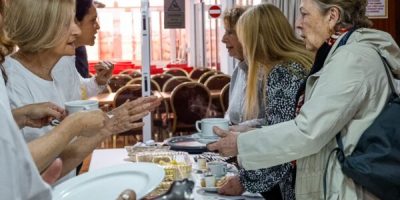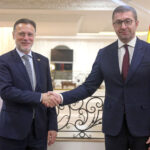Over 800 books have been given to local Year 1 and 2 students in Gibraltar in an initiative to promote reading as part of World Book Day, which is set to take place on Thursday.
Student and representatives from Gibraltar’s primary schools gathered at BOOKgem on Monday to receive their batches of ‘The Adventures of Paddington: Farm Escape’, which will be distributed throughout the schools this week and give students the chance to see Paddington’s adventures brought to life.
The books were sourced by BOOKgem, with every child in School Years 1 and 2 set to receive a copy for free.
The initiative is inspired by the existing initiative in the UK and encourages children to read for pleasure while giving every child the opportunity to own their own book.

The Minister for Youth, Christian Santos, said: “It is a great initiative that works well.”
He told the children that the book is fun and that they will enjoy reading about a well-known character.
Seamus Byrne, CEO of Gibraltar Cultural Services, told the Chronicle that the initiative aims to give back to the community.
“It is important that we support the schools and, as part of the ethos of World Book Day, every child deserves a book,” he said.
“This is a book that we discussed together with Harper Collins, the publishers we work with, and we decided to give this book to Years 1 and 2.”
In a statement, GCS said: “GCS is committed to fostering literature in Gibraltar, especially in young people.”
“World Book Day this year will see over 500 children visit the hall to attend various activities and the John Mackintosh Hall Library remains open every day from 9am to 7pm for members of the public.”
“Storytelling sessions are also held every Tuesday at 4.30pm and are free to attend.”




